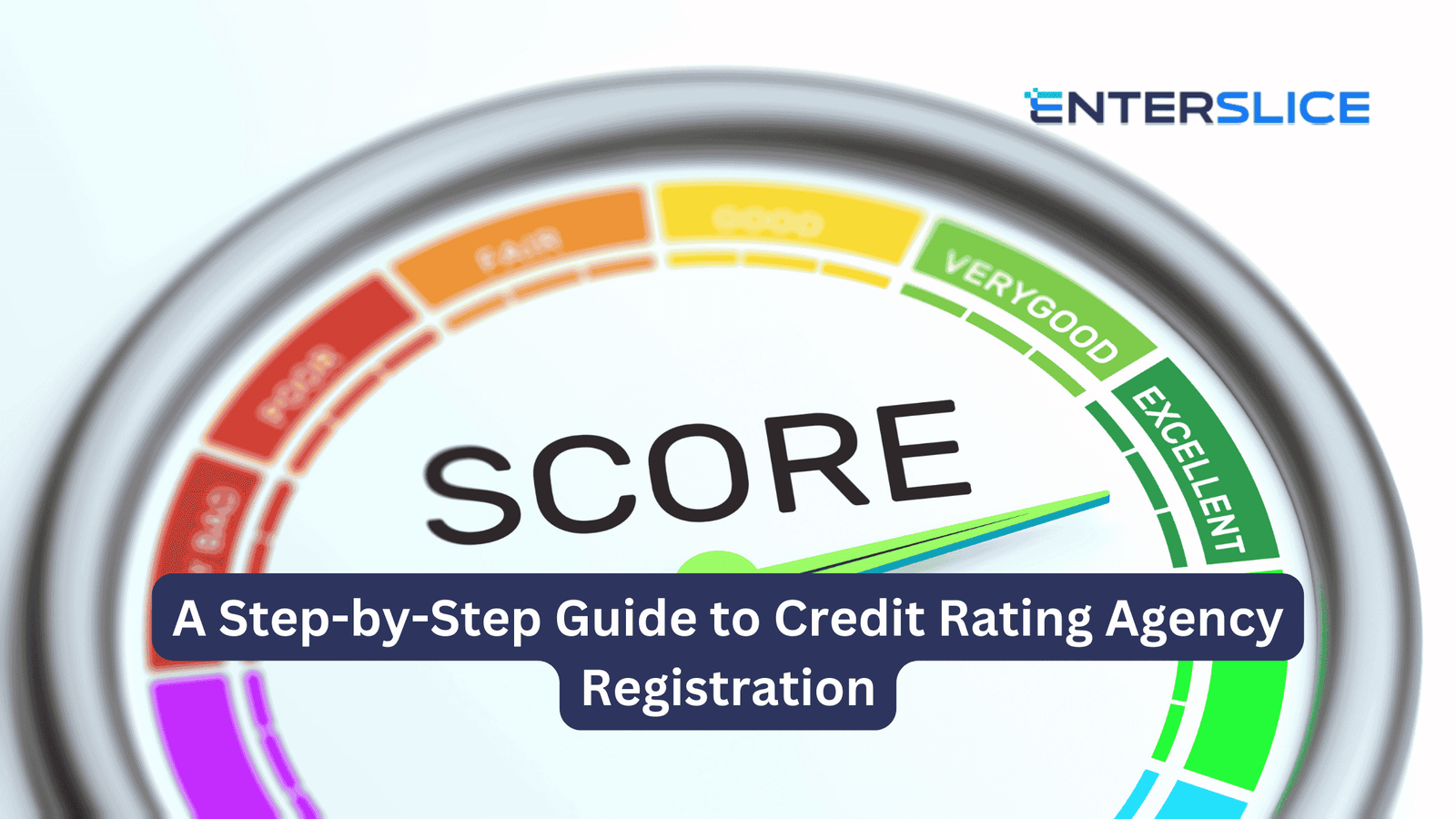In the ever-evolving landscape of entrepreneurship, purchasing an existing business presents an attractive opportunity for many aspiring business owners. However, financing such a venture, especially one valued at $1.9 million, often poses a significant challenge. Many prospective buyers turn to Small Business Administration (SBA) loans as a potential solution. This article will explore the ins and outs of obtaining an SBA loan for purchasing an existing business, providing insight into the eligibility criteria, application process, and the unique advantages these loans offer.
Understanding SBA Loans and Their Benefits
The Small Business Administration offers various loan programs designed to help entrepreneurs acquire funding for their ventures. Although the SBA itself does not directly lend money, it guarantees loans issued by banks and other lending institutions. This guarantee reduces the risk for lenders, making them more willing to offer favorable loan terms to small business owners.
One of the most popular SBA loan programs for acquiring a business is the SBA 7(a) loan. This program allows qualified buyers to secure funding of up to $5 million, which can be utilized for purchasing an existing business, real estate, or equipment. With competitive interest rates and longer repayment terms, SBA loans can make financing more accessible for those looking to invest in an existing business.
Is Buying a Business for $1.9 Million Feasible?
When contemplating the purchase of an existing business valued at $1.9 million, it is essential to evaluate whether this investment aligns with your financial capabilities and business objectives. A significant aspect of this decision hinges on securing adequate financing. While the price tag may seem steep, the ability to obtain an SBA loan can make this goal more attainable.
The SBA allows for a down payment ranging from 10% to 20% of the total purchase price, which translates to an upfront investment of approximately $190,000 to $380,000. This flexibility can ease the financial burden on buyers, enabling them to allocate resources toward operational costs and business growth after the acquisition.
Eligibility Requirements for SBA Loans
To qualify for an SBA loan, both the buyer and the business being purchased must meet specific eligibility requirements. First and foremost, the business must be classified as a small business according to SBA standards, which typically means it has fewer than 500 employees or meets certain revenue thresholds based on its industry.
The personal financial history of the buyer is also a critical factor in the approval process. Lenders typically look for a credit score of 680 or higher, although higher scores can increase the likelihood of approval. Additionally, having prior experience in the industry or a successful track record in business management can positively impact your application.
The Importance of Cash Flow in Business Acquisitions for SBA Loan
A fundamental aspect of securing an SBA loan to purchase a business is understanding its cash flow. Lenders conduct thorough assessments of the business’s financial health, focusing on profit and loss statements, cash flow projections, and overall profitability. A strong cash flow is crucial, as it demonstrates the business’s ability to generate sufficient revenue to cover loan payments and operational expenses.
Typically, lenders look for a debt service coverage ratio (DSCR) of at least 1.25. This means the business should generate $1.25 in net operating income for every dollar of debt payment. A favorable DSCR indicates that the business can comfortably manage its debt obligations, thereby increasing your chances of securing the loan.
Navigating the Application Process
The process of applying for an SBA loan can seem daunting, but with proper preparation and understanding, it becomes manageable. Here are the essential steps involved in securing an SBA loan for purchasing a $1.9 million business.
Selecting the Right SBA Lender
Not all banks and financial institutions offer SBA loans. It’s crucial to find a lender who specializes in SBA financing and has experience with business acquisitions. Many lenders are designated as SBA-preferred partners, which means they can expedite the application process. Researching and reaching out to multiple lenders can help you find the best fit for your needs.
Preparing Required Documentation for SBA Loan
SBA loan applications require extensive documentation from both the buyer and the business. As a buyer, you’ll need to provide personal financial statements, tax returns, and a comprehensive overview of your assets and liabilities. Simultaneously, the business you purchase will need to submit its financial records, including profit and loss statements, tax returns, and balance sheets. Organizing and readily providing these documents will streamline the application process.
Getting a Business Valuation SBA Loan
As part of the loan process, an independent business valuation is often required. This valuation helps determine the fair market value of the business you intend to acquire. An accurate valuation is essential, as it validates the purchase price and assures lenders that the investment is sound. If the valuation comes in lower than expected, it may necessitate negotiations with the seller or adjustments to your financing strategy.
Approval and Closing the SBA Loan
After submitting your application, both the lender and the SBA will review your documentation. This process can take anywhere from 60 to 90 days, depending on the complexity of your application and how quickly you provide the required information. If your loan is approved, you will move on to the closing stage, where you will sign the final documentation and receive the disbursed funds.
The Advantages of Using SBA Loans for Business Acquisition
Opting for an SBA loan to purchase an existing business offers numerous advantages. Beyond the attractive terms and lower down payment requirements, SBA loans provide flexibility in how the funds can be utilized. You can allocate the loan proceeds for various purposes, such as purchasing equipment, funding working capital. Or even making improvements to the acquired business.
Potential Challenges of SBA Loans
While SBA loans come with many benefits, there are challenges to consider. The application process can be time-consuming and requires meticulous attention to detail. Gathering the necessary documentation and ensuring that all financial records are accurate can be a daunting task, especially for first-time buyers.
Additionally, not all businesses will qualify for SBA loans.
Final Thoughts on Buying a Business with SBA Financing
In summary, acquiring an existing business valued at $1.9 million is indeed feasible with the support of an SBA loan. The advantages of lower down payments, competitive interest rates, and favorable repayment terms make SBA financing an attractive option for aspiring business owners. However, it is crucial to understand the eligibility requirements, cash flow considerations, and the comprehensive application process.
By adequately preparing your financial documentation and ensuring that both you and the business meet the necessary criteria. You can increase your chances of successfully obtaining an SBA loan. This financial support can pave the way for you to step into entrepreneurship. Allowing you to leverage the strengths of an established business while working toward your goals as a business owner.



